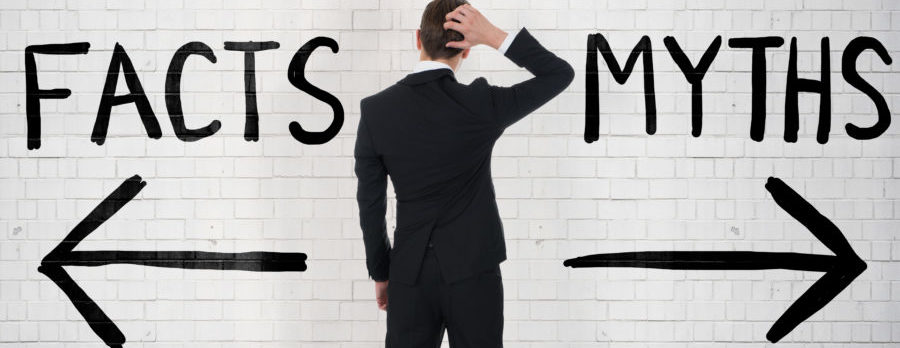Interpreting scientific literature for a population that doesn’t understand what p values are has led to some pretty significant miscommunications. On the other hand, the occasional bad actor is to blame for leading the public health zeitgeist astray. Here are 7 examples of failures to communicate.
1. Red Meat Causes Cancer
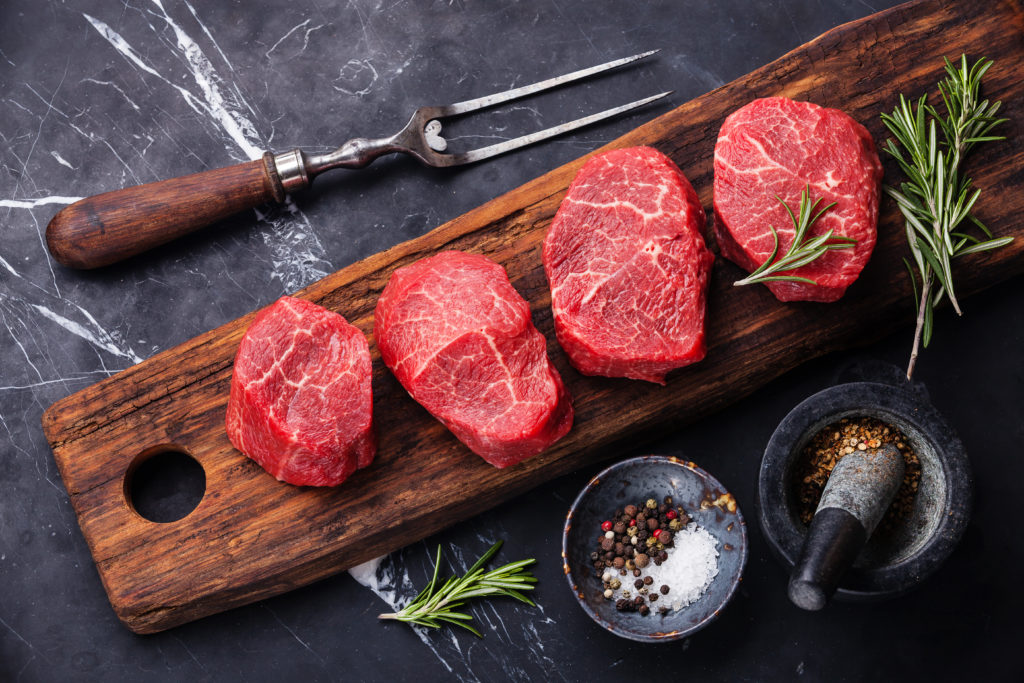
It doesn’t. The phrase: correlation doesn’t equal causation has never been more appropriate then with the idea that red meat leads to cancer. Within red meat, there are essential amino acids that when consumed, activate a genetic pathway called insulin growth-factor 1 (IGF1). IGF1 is a major pathway for the repair of tissues. More red meat, equals more IGF1, which can keep damaged cells alive long enough to mutate. HOWEVER, if a perfectly healthy individual who is activating hormetic stress pathways through exercise, avoiding unnecessary carcinogen exposure, and eating a healthy diet consumes more than average amounts of red meat, they will likely remain perfectly healthy. Many early cancer/meat observations didn’t account for poor lifestyle factors such as not getting enough exercise, not getting enough sleep, eating tons of bread, pasta, and sugar, and even smoking habits.
2. Whole Grains Are Somehow A Good Thing
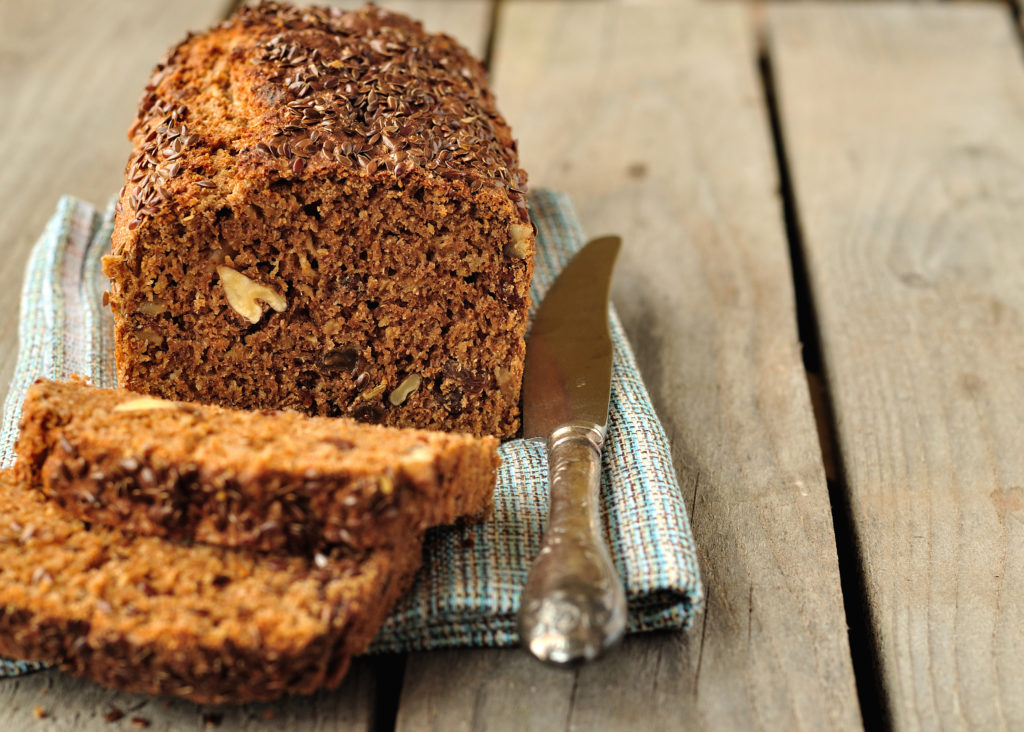
Whole grain and whole wheat bread, while often advertised as valuable and a better choice than white bread, are only just so. The fact of the matter is that all three breads convert into the same exact compound: simple sugar, which increases inflammation which increases risk for all-cause mortality in people who don’t live an exceedingly healthy lifestyle. Even things like rye, multi-grain, or sourdough are guilty of masking their sugariness with marketing.
Related Article:
8 Foods For The Perfect Heavy Metal Detox
3. The Food Pyramid
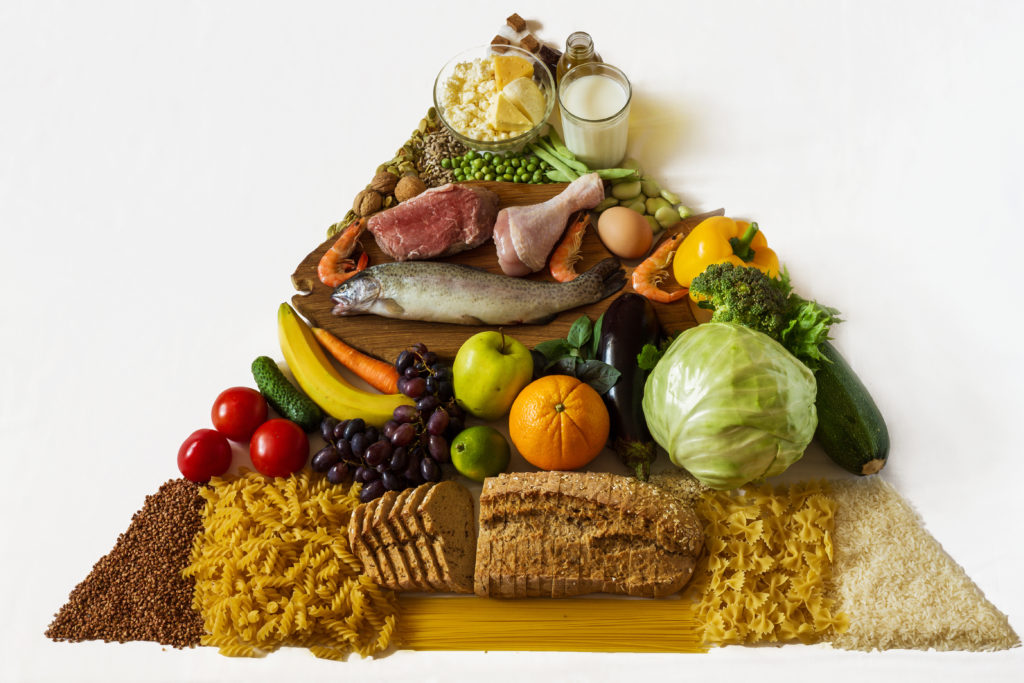
That silly thing on every old cereal box is just ridiculously inaccurate. The base layer suggests 6-12 servings of grains a day, which certainly went a long way in making sure that our nation is one of the more obese on earth today.
4. Saturated Fats Are Bad
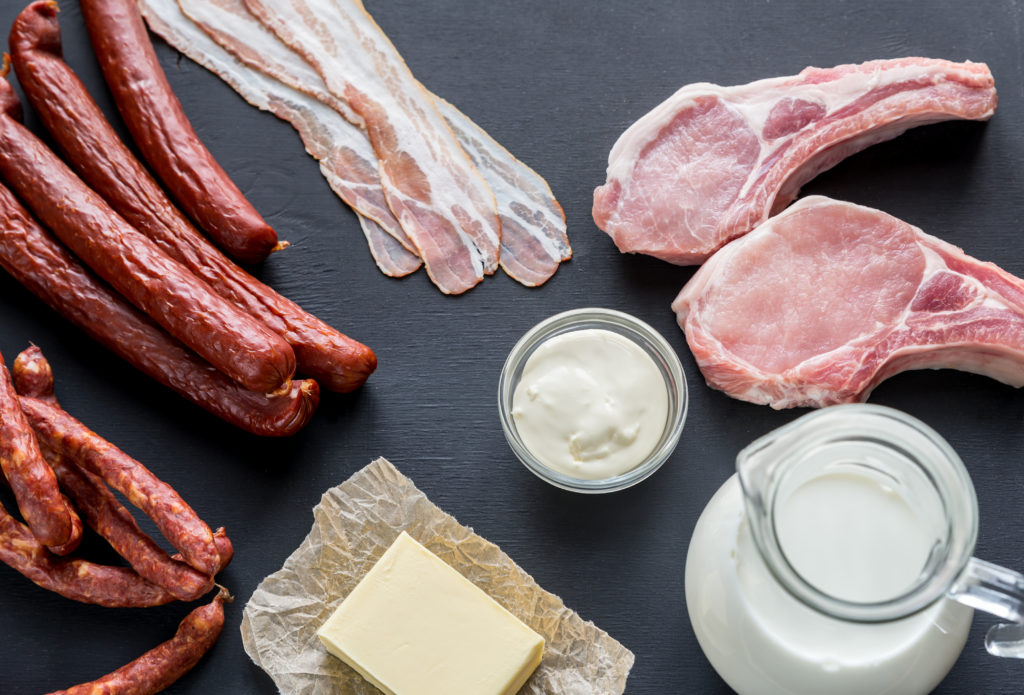
Saturated fats, like red meat, are not bad, but in conjunction with abusing your health can have negative consequences. When combined with sugary foods like pasta and cake, the fats build up in your arteries resulting in strokes and heart attacks; that’s the long-term effect anyway. The reason for saturated fats becoming the demon-to-slay in the public conscience for 50 years was actually the result of bribes taken by researchers from companies invested in the sale of sugary foods. This was brilliantly highlighted in a New York Times article which includes the surfaced evidence of bribery and corresponding literature.
5. Breakfast Is The Most Important Meal Of The Day

While far-less insidious than some of the other fallacies on the list, there’s just not any evidence to support a claim that breakfast, or that any meal time for that matter, is important. 18,000 years ago, there wasn’t breakfast. The moment we plop down a giant meal of pancakes with syrup, bacon and eggs, toaster waffles, or cereal on the table today is the same time of day our ancestors were preparing to go out and hunt or gatherer their lunch and dinner.
6. Recommended Daily Allowances
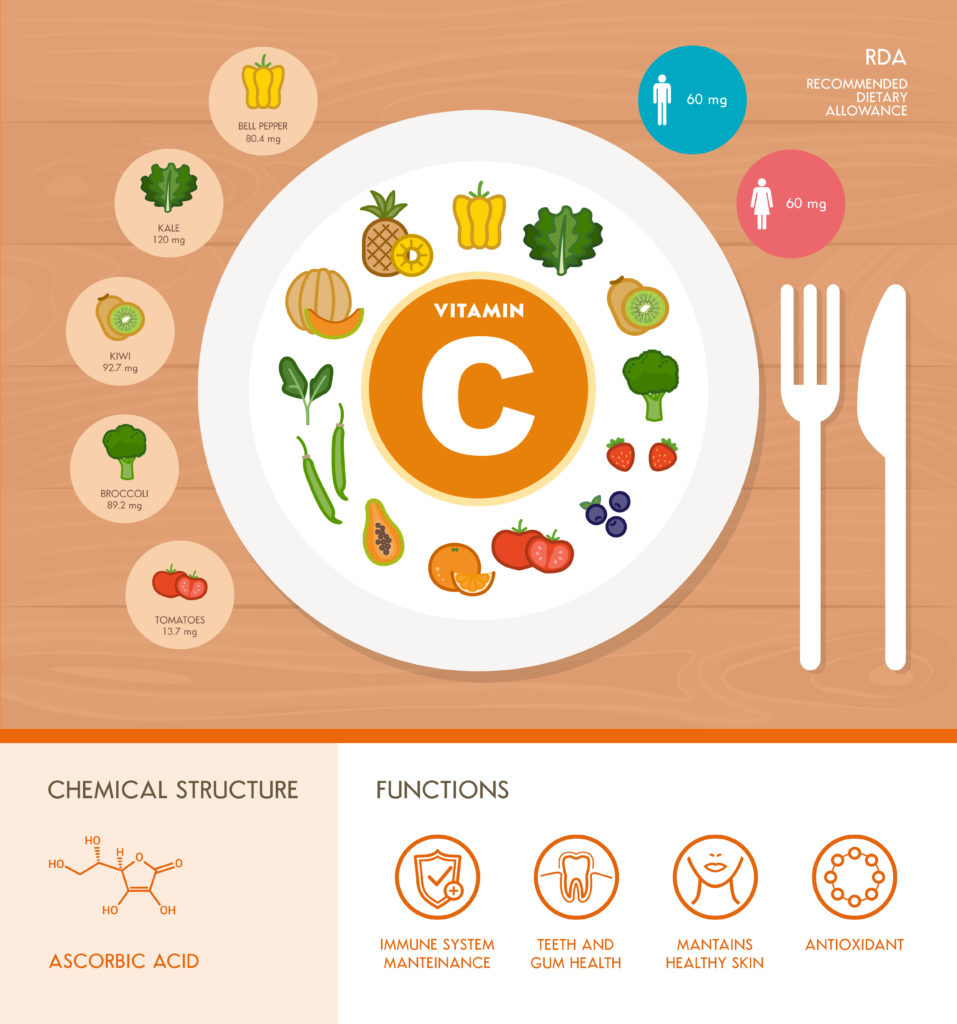
Dr. Ray Cronise cleverly points out in his lectures that the idea of RDAs were suggested in 1941 during World War II, a time where tons of people were at risk for malnourishment. They were considered a matter of “national defense.” However there isn’t some giant internal clock that times the use of every nutrient to a 24 hour period. You won’t runout of vitamin A at midnight, and if you’ve eaten a good varied meal, you’re not like to for the next few midnights either. Everyone’s heard of scurvy, but think how many people are not eating a lot of vitamin C, and you’ll follow that thought with a realization that most people aren’t running around with scurvy.
7. You Should Eat If You’re Hungry

Sometimes less is more. The longer you go between meals, the longer the powerful cellular cleanup and repair process called Autophagy can carry on its vitally important work. Most of America is in a chronically fed state, without regular periods of metabolic winter where autophagy can repair damaged cells and recycle dead ones. This process can be a literal life-saver, as it has been shown to decrease the risk for several types of cancers and Alzheimer’s in rats. Caloric restriction is a blanket term to describe dietary interventions which can aid in autophagy. In conclusion, eating healthy is not always about cramming your mouth with as much nutrient-dense food as often as possible.
